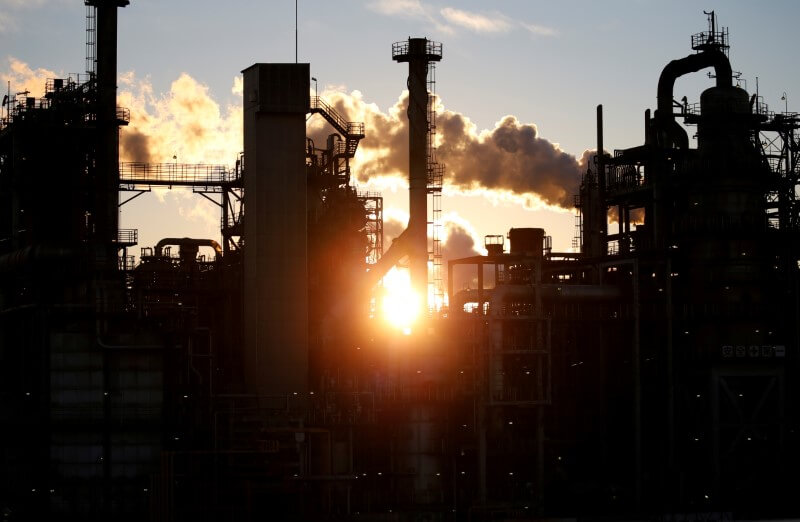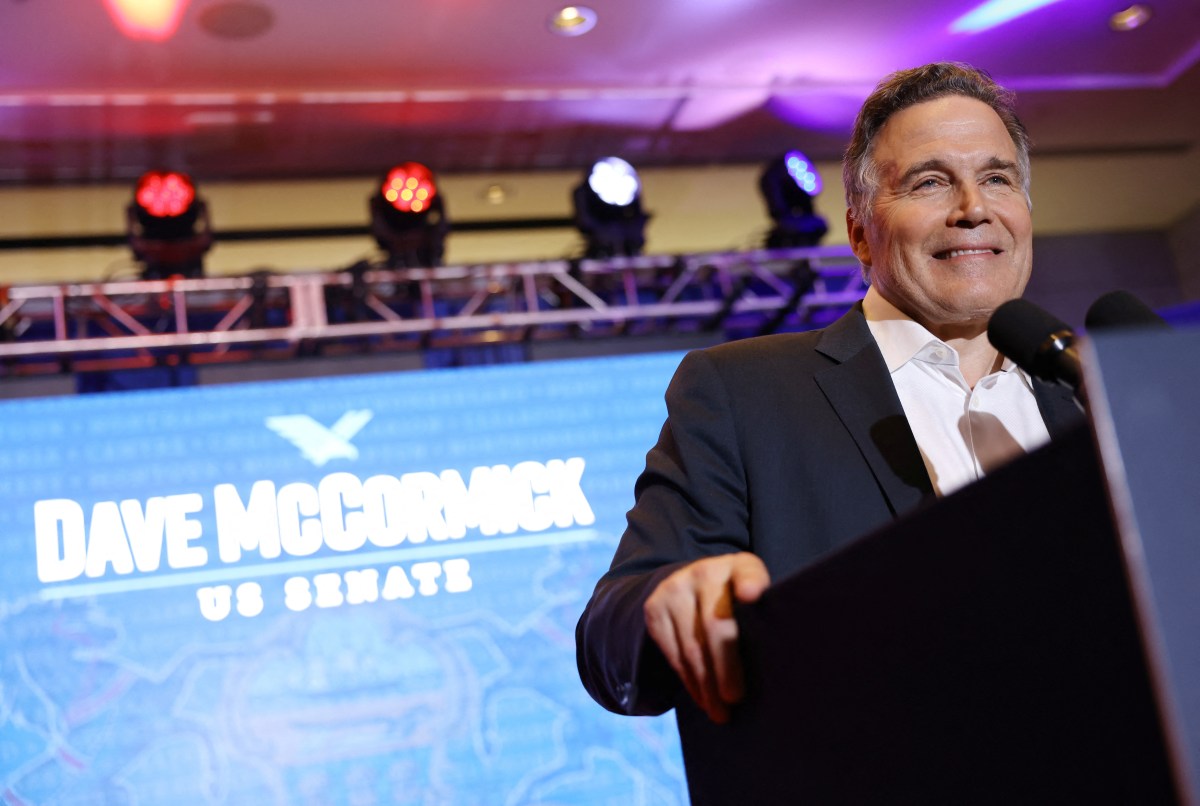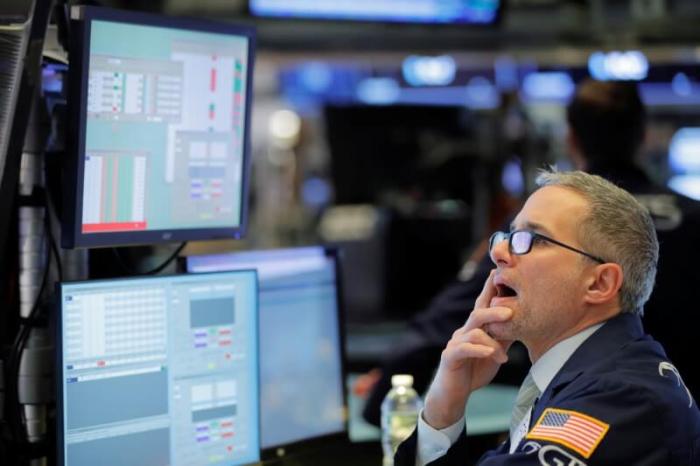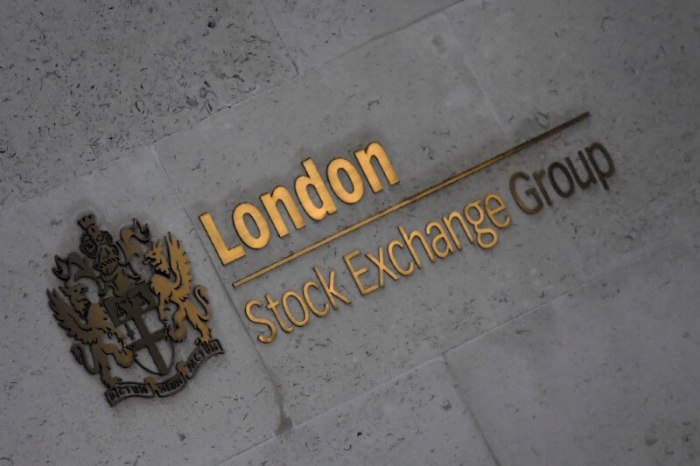TOKYO (Reuters) – Japan’s factory activity contracted for a ninth straight month in January but at the slowest pace in five months, possibly reflecting easing U.S.-China trade tensions and alleviating fears of a recession.
The Jibun Bank Flash Japan Manufacturing Purchasing Managers’ Index (PMI) edged up to a seasonally adjusted 49.3 from a final 48.4 in December.
The index stayed below the 50.0 threshold that separates contraction from expansion for a ninth month – the longest stretch since a nine-month run to February 2013.
Output and new orders remained in contraction for the 13th month, but the pace of declines in these indicators also eased, especially in production.
That suggests factory activity may have bottomed out, with new export orders expanding for the first time in 14 months in another sign of a pickup in global demand.
Weak exports and factory activity have been a source of concern for Japanese policymakers. They are counting on solid domestic demand to pick up the slack, although the October sales tax hike may weigh on private consumption which accounts for some 60% of the economy.
Separate data showed activity in Japan’s services sector expanded at the quickest pace in four months, likely keeping alive policymakers’ hope for a domestic demand-led recovery.
“Positive signs have emerged for Japan’s economy at the start of 2020, with flash PMI data pointing to a domestic-led economic recovery,” said Joe Hayes, economist at IHS Markit, which compiles the survey.
“The January flash numbers will certainly allay fears for now of a technical recession in Japan,” Hayes said. “Consumer-driven growth will once again be a vital force in 2020 as PMI suggest industrial sector weakness still lingers.”
The Jibun Bank Flash Japan Services PMI index came in at a seasonally adjusted 52.1 from the previous month’s 49.4, edging closer to a nearly two-year high of 53.3 in August.
The Jibun Bank Flash Japan Composite PMI turned 51.1 in January from the previous month’s final of 48.6, marking the fastest expansion in four months.
Many economists expect the world’s third largest economy to have contracted in the October-December quarter, hurt by the fallout of the Sino-U.S. trade war and the tax hike impact. It is seen recovering albeit moderately at the start of this year.
(Reporting by Tetsushi Kajimoto; Editing by Shri Navaratnam)
























